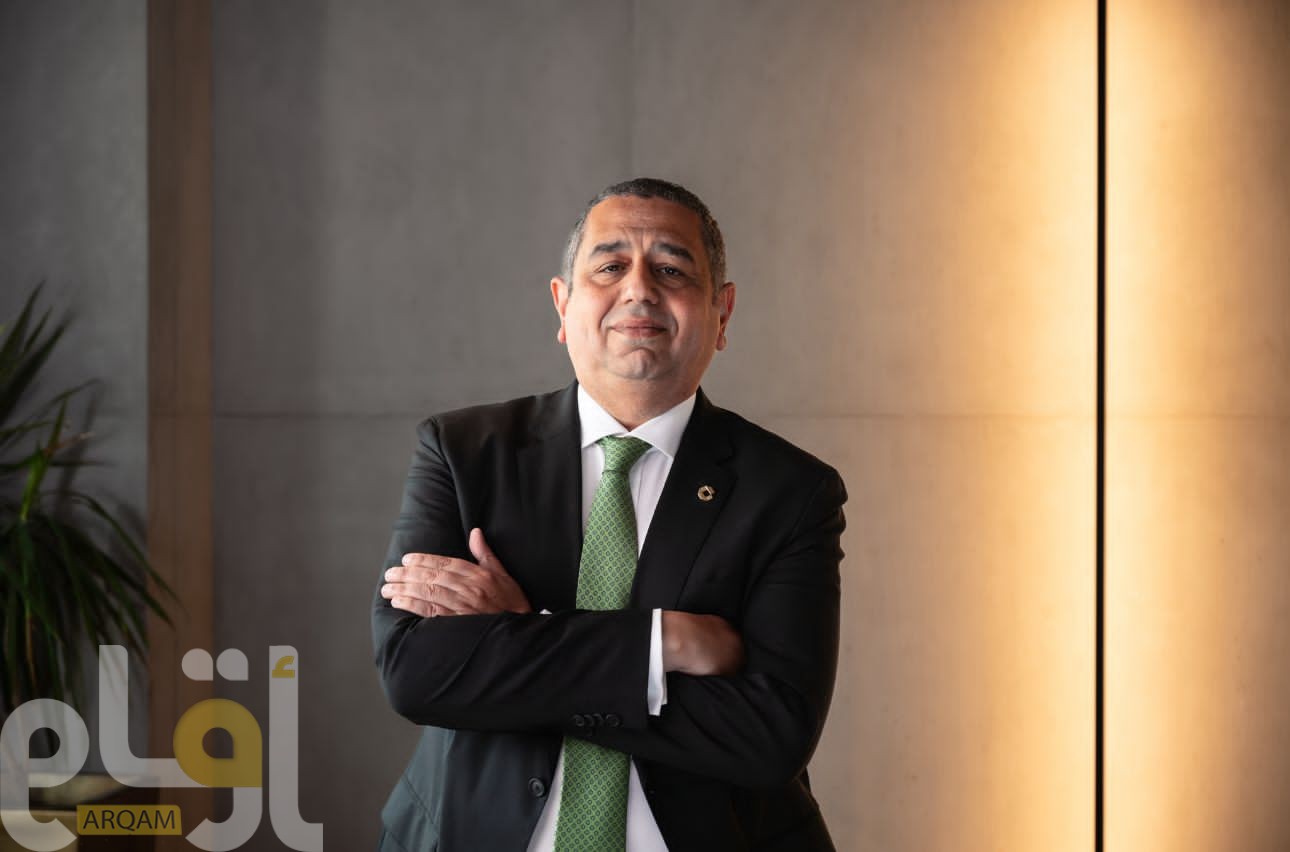In a defining moment for Egypt’s ongoing economic and urban transformation, prominent real estate expert and Founder & Chairman of the official Masr Real Estate Platform, Ahmed ElBatrawy, called for capitalizing on the national momentum created by the opening of the Grand Egyptian Museum to usher in a new era of development focused on continuing to develop and continue building a structured, transparent, and digitally-driven real estate market aligned with Egypt’s regional and global economic ambitions.
ElBatrawy stated, “Just as the Grand Egyptian Museum has presented to the world a unique model that seamlessly blends heritage, modern management, and advanced technology, the real estate sector today stands before a similar opportunity — to become a new symbol of Egypt’s capability, precision, and professional governance.”
He added that the Egyptian state has successfully executed several landmark national and architectural projects that meet global standards in recent years, positioning it to move to the next stage — continuing to build a structured real estate market founded on data accuracy, transparency, and trust.
ElBatrawy emphasized that Egypt’s expansion in developing new cities and modern infrastructure represents a remarkable achievement. However, he noted that the next phase must go beyond physical construction, explaining that “a regulated and transparent market is the true safeguard for protecting citizens’ and investors’ rights, and for building a credible, professional investment environment.”
According to ElBatrawy, market confidence cannot be achieved without a unified digital real estate system that consolidates ownership records, transaction histories, and actual property prices.
He described this system as a “national necessity for reform”, one that would integrate data, eliminate inconsistencies, provide reliable information for decision-making, and enhance investor confidence in the Egyptian market.
ElBatrawy highlighted four key pillars: regulating developers and real estate advertising; unifying real estate data; activating escrow accounts; and implementing a unified property identification and formal MLS system — a necessary requirement for Egypt’s real estate future to document all transactions, ensure transparency, and prevent price inconsistencies.
ElBatrawy concluded, “Egypt stands before a historic opportunity to present a pioneering Arab model for real estate built on transparency, organization, and advanced technology — laying the foundation for the country to become a regional hub for real estate data and investment intelligence in the Middle East.”
He reaffirmed that the next phase requires maintaining the same momentum and determination toward reform, ensuring the establishment and continuation of building a modern, competitive real estate market aligned with Egypt’s Vision 2030, and reflecting the country’s ability to attract high-value, quality investments in one of its most important economic sectors.















